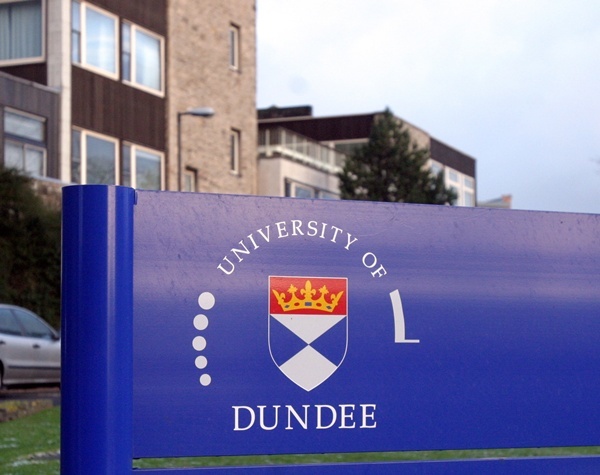Scientists in Dundee have solved a 40-year-old mystery and discovered the gene behind a rare skin cancer that grows rapidly for a few weeks before healing spontaneously.
The scientists, based at Dundee University, are part of an international collaboration reaching from Singapore to California.
The team examined the DNA of over 60 people with multiple self-healing squamous epithelioma (MSSE) and 110 of their unaffected relatives.
They discovered the disease was caused by faults in a gene called TGFBR1.
Dr David Goudie, Cancer Research UK scientist at Dundee, said, “The unusual behaviour of this tumour has baffled scientists for about 40 years, so we’re excited to have discovered the genetic faults that cause the disease.
“The gene we’ve identified controls part of a cell signalling pathway which is faulty in many cancers.
“We hope that by shedding light on how one rare cancer manages to heal itself we’ll understand more about what goes wrong in other types of tumours.”
The TGFBR1 gene makes a receptor protein through which healthy cells receive messages from their neighbours, instructing them to carry out jobs essential to growth and development.
However, cells from a range of cancer types interpret the “instructions” transmitted by TGFBR1 in two completely different ways, depending on the maturity of the tumour.
Only a handful of new cases of MSSE are diagnosed in the UK each year.
